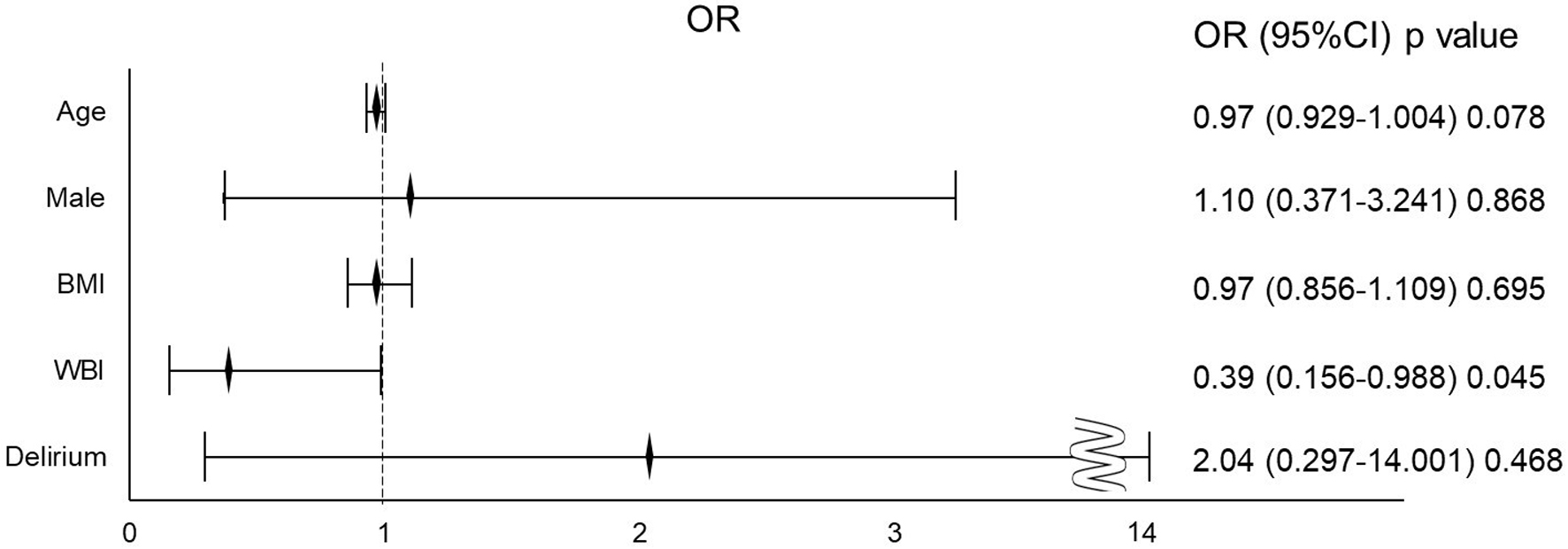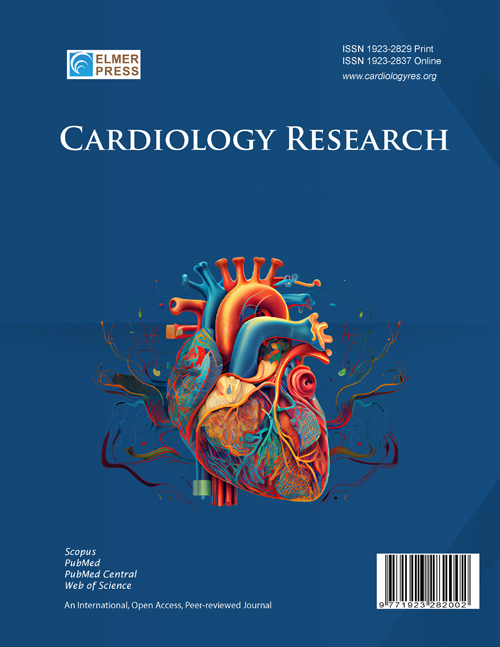Weight Bearing Index Is Associated With Length of Hospital Stay in Patients Undergoing Cardiac Surgery
DOI:
https://doi.org/10.14740/cr2089Keywords:
Weight bearing index, Cardiac surgery, Hospitalization lengthAbstract
Background: It has been reported that weight bearing index (WBI) is associated with rehabilitation; however, there are few reports about its association with the length of hospital stay in patients who have undergone cardiac surgery.
Methods: We registered 108 patients who did not have preoperative contraindication of exercise and underwent both cardiac surgery and cardiac rehabilitation from April 2017 to May 2022 at Fukuoka University Hospital. We excluded seven patients whose hospital stays were prolonged due to severe infection or unstable hemodynamics after cardiac surgery. We investigated patient background, laboratory, respiratory, and echocardiographic examinations, physical functions, periprocedural complications, and postoperative outcomes. We divided the patients into two groups according to a cutoff value for walking (0.45 kgf/kg WBI).
Results: The patients’ age was 69 (59 - 75) years, the percentage of males was 74.1% (n = 80), and their body mass index (BMI) was 23.4 ± 3.5 kg/m2. The low WBI group consisted of 48 patients and the preserved WBI group consisted of 60 ones. The patients in the low WBI group showed a lower percentage of male. With regard to physical functions, grip strength, one-leg standing time, the Short Physical Performance Battery score, 10-m walking speed, walking distance for 2 min both pre- and post-cardiac surgery in the low WBI group were significantly low. After cardiac surgery, the New York Heart Association (NYHA) classification was high, and the strength of exercise tolerance at discharge was low in the low WBI group. There were no significant differences in the progression of cardiac rehabilitation until walking between the groups, but the length of hospital stay in the low WBI group was significantly long. WBI was an independent predictor of the length of hospital stay in a logistic regression analysis.
Conclusions: Preoperative WBI was associated with physical functions, NYHA classification, and length of hospital stay. Preoperative WBI could be a simple marker for detecting postoperative outcomes.

Published
Issue
Section
License
Copyright (c) 2025 The authors

This work is licensed under a Creative Commons Attribution-NonCommercial 4.0 International License.









